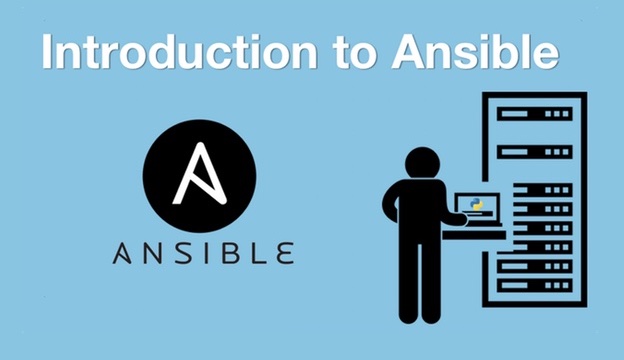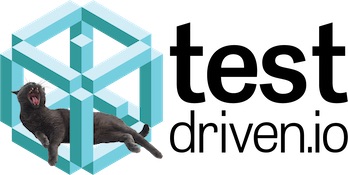Python Community
The Python programming language has a global community with millions of software developers who interact online and offline in thousands of virtual and physical locations.

Who drives the Python community?
There are tens of thousands of Python developers who help steer the community with local, regional and global events. Most, if not all of them, are members of the Python Software Foundation (PSF). The PSF is a 501(c)(3) non-profit with the mission to "promote, protect, and advance the Python programming language, and to support and facilitate the growth of a diverse and international community of Python programmers." Anyone that uses Python and has an active interest in the Python community can join the PSF as a member. There are five classes of PSF members:
- Basic Members
- Supporting Members
- Sponsor Members
- Managing Members
- Contributing Members and Fellows
Starting out by joining as a basic PSF member is a great way to show your support and begin your own journey in working with the larger open source ecosystem.
What is a PEP and why do they matter?
Python Enhancement Proposals (PEPs) are design documents that serve to drive Python's continued evolution. There are three kinds of PEPs that serve disinct purposes:
- Standards track: enhances the Python language with new features
- Informational: provides information to the Python community
- Process: modifies or makes improvements on topics relevant to the community but outside the Python language itself
PEP 1 defines what a PEP is and its purpose. In true computer science fashion, PEP 0 also exists and it is an index of all the PEPs that have been created.
The PEPs are important because they drive a transparent process to evolve the language and broader ecosystems. Some other programming communities are opaquely pushed by a single person or small cliques who refuse to understand outside perspectives. The insular nature of some groups typically causes decline over time as the original community members move on to new projects and no new members take their place.
Conferences and events
The Python online community has fantastic resources for learning but talking to your fellow developers in-person at conferences, meetups and hackathons is a crucial way to discover new tools and coding approaches. The following resources provide perspective on offline events like PyCon US.
-
How to have a great first PyCon gives a slew of advice on how to get the most out of your busy, and often overwhelming, PyCon experience.
-
Clinton Dreisbach wrote two fantastic retrospectives for PyCon US 2015 (his first PyCon) and PyCon US 2016. There are many other retrospectives for other community-led conferences such as EuroPython. These summaries can be a great way to get a slice of the experience before purchasing a ticket and booking a trip.
-
One reason among many that Python conferences are spectacular experiences is the transparency about the how and why decisions are made for event attendees. For example, PyCon is transparent about the locations it selects for the conference as well as why the community has a long-standing tradition of having speakers pay their own way just as any conference attendee would. From the outside it may appear these decisions are minor but they instill confidence in the stewardship of the Python ecosystem by current community leadership.
-
How I Learned to Stop Worrying and Love PyCon goes over one first-time PyCon attendee's nervousness about attending the conference and how she got over it while having a great time in the process.
-
Don't Submit A Talk About Your Great Hack: Jesse's Seven Tips To Get Into PyCon provides wonderful advice on how to approach the Call for Proposals (CFP) when you want to speak at a Python conference. The notes on how to balance specifics with vagarity in your title is particularly useful.
Python community resources
The Python community exists both online and offline. The following resources will help you get connected with other Python developers in both forms. They also provide context on how some of the major decisions are made within the community.
-
The community page on Python.org provides a starter page with links to community-run newsletters, resources and conferences.
-
There are many large active online communities on Reddit, Google Plus IRC channels such as #python, #python-dev and #distutils.
-
The Python community has a concept known as "Benevolent Dictator For Life" that may appear odd to newcomers. Essentially, Guido Van Rossum created the language and still has the ability to decide community arguments one way or the other. This post on the origin of BDFL has more context about Guido's role.
-
Python Community and Python at Dropbox is an interview with Jessica McKellar, one of the most visible Python core committers and organizers for her fantastic coding and community work. She explains what it means to be a member and leader in the larger Python community.
-
The history behind the decision to move Python to GitHub is a transparent and personal story by one of the Python Core Team members, Brett Cannon, on why the main Python projects including the language itself are now hosted for development on GitHub. The post is a wonderful read about the history of where Python development was centralized and how it moved from SourceForge to svg.python.org and then over to GitHub.
-
Python community trends in 2017/2018 by Ewa Jodlowska, who is heavily involved in PyCon and the overall Python ecosystem, provides a ton of data and metrics on areas of community interest such as Python developers' locations, Python 3 adoption and years of experience as professional developers.
-
There are some amazing communities within the overall Python ecosystem, such as PyLadies, which encourages women to be strong, proactive community members.
您还想了解有关Python生态系统的哪些信息?
Sponsored By

Fix errors in your Python code before your users see them by monitoring with Rollbar.
Learn More Python

Deploy web apps with the Ansible configuration management tool.

Build microservices with Docker, Flask & React in this great course.
Full Stack Python
Updates via newsletter, Twitter & Facebook.
